Mother and I are companions. Because we spend a great deal of time together, we talk a lot. We cover a lot of topics. I know what she thinks about politics and I know what she thinks about Heaven. Most of our conversations happen when we travel, usually to the farm. I never know what she is going to ask that we talk about. But because we talk, I know three very definable and true things about her.
She prays a lot.
She is genuinely kind and loving.
She is extremely curious.
“Tell me about clouds, Jan.” Mother said to me the other day while I was driving and she was looking at the ones flitting through her view, dark under bellies hinting at rain. “You are going to have to explain them very simply. I have never understood how rain comes out of them.”
Because I have had 100 years of formal education, Mother believes I can explain anything. And while I am not one to shy away from sharing what I know, I don’t like to give faulty information.
“I don’t know if I can,” I told her. “They are hard to explain. I don’t know if I understand how it works either.”
I tell her I have to take a minute and think.
My first thoughts are about this woman who completed only 12 years of public eduction, asks in naivete, questions that consume scientists. While their educational experience differs, her intellect doesn’t , she is clearly genuinely intrigued. This is not the first time she has caused me to evaluate how little we understand the fundamental things that surround us everyday. It’s not the first time she has showed me how frequently we live amid the wonders of our physical world and take them for granted.
“Okay,” she says. “I’ll be watching the clouds while you think.”
As one part of me starts to gather the facts I know about atmosphere, climate, and weather and wishing I had google bluetooth enabled, another part of me started thinking about this past weekend. Several relatives from my husbands side of the family had shared time together and there was one particular dinner, as we sat around a round table with the Missouri river churning downstream beside us, that I recalled something that had been said. One of the nephews-in-law, who does a fine job of laying concrete and is extraordinary gifted at story tellling, had said something to me.
“Do you know how many people doing jobs every day keep everything running for us?” Steve said. “It’s things I would not know how to do if they didn’t.”
It might be that Steve can tell a good story because he has a natural wisdom about him when it comes to living. His appreciation for what life requires of us comes out in the way he views events and he’s really good at using humor as his tool for explaining. But the reason Steve’s original statement came to mind is because on this day, while I am considering cloud formation, I remember that my father had same something very similar to me decades ago. He’d been trying to repair an old television, the tube kind, and while I watched him, he asked me,
“Janet, what do you think would happen if we survived an atomic bomb and the few people left had to start over?”
(Dad’s framing of the question might have had something to do with my fear that it was the 6os and we didn’t have a bomb shelter. He was not one to lose an educational moment, even if it meant pandering to a slightly neurotic daughter’s over active anxious mind. In the process, he nailed another coffin closer on the importance of education. Bombs will come and bombs will go, but if you are one of the few surviving, no one can take your knowledge.)
“Mother,” I said, looking for the right words, “It has to do with the way the air around us. Clouds are a part of that air, the result of the things air does on our planet. When you watch the clouds, they never stay the same, they are constantly moving, changing. That’s the part of our atmosphere that you can see. But the part you can’t see is changing too. Clouds are a combination of things, but they are a result of the atmosphere and the surface of our planet and all the water on and between. ”
“Are clouds made of water,” she said as I thought about flying through them in airplanes.
“Partly, but they also have other things, chemicals and compounds, and sand and debris,” I answered. “It’s sort of hard to think about but the gases in the atmosphere aren’t all equally distributed.”
“You mean high and low pressures? I’ve heard about those all my life. I don’t understand those,” she admits.
“I have a hard time too. Maybe we could think of it this way. Pretend there is an invisible hand over Texas, a big one, and there are lots and lots of air molecules under the hand. Under that hand, the pressure is much higher than the air outside and around the hand.”
“Ahaa! That’s a high pressure system,” light shining in her eyes.
“Right,” I say. “And because it’s such high pressure, its pushing the other air away from it. In our case, here on the Texas coast, that means that winds coming up from the Gulf of Mexico, carrying water off the ocean, get turned away by the high pressure system. That’s what happened two summers ago. A huge high pressure system settled over Texas and didn’t move all summer.”
“So what about clouds then,” she says.
“Well, if instead of a high pressure system sitting on top of Texas, a low pressure system is present, those winds carrying water off the Gulf, pour into that area of low pressure. The water is in a different form. It’s not really liquid, its gas, its water vapor,” I say pulling some fact from way back in my memory that I didn’t even know I had stored. “Heat rises and in the summer, that water vapor keeps traveling up and clouds start forming. As more water gets pulled up and into the clouds, they get to a point where they are so saturated, droplets start forming.”
I am dying for some Wikipedia about now. I think this is right, but the honest truth is that I haven’t ever tried to take the individual facts I have learned in 100 years of education and put them all together to answer why we have clouds.
“Wow,” Mother says, which if you could hear how she says this, you would know the awe the single word carries.
She’s quiet the rest of the way home. I am too, but that’s because both our minds are active and thinking. I am thinking what an extraordinary time we live in, what an extraodrinary time to learn. My middle son, quite possibly one of the best teachers I have ever known, is getting ready to teach 9th grade science. The students that get him for a teacher will be lucky indeed. But we are all lucky, because knowledge, is literally right at our fingertips. Lots of it. Even the stuff that’s wrong has value, the secret is to engage your mind.
I ‘ve become quite enamored with TedEd videos of late. I enjoy them. I learn from them. I saw this one the other day and I thought this woman was extraordinary in the way she explained where we are in our ability to gain knowledge.
This week and next:
For all of the students that I know starting a new school year, I pray you do so with the excitement that the knowledge you are acquiring is yours, always.
For all the teachers, who dedicate untold hours, money, and heart, thank you. You inspire me with your selflessness.
For students of any age, I pray that during this time we live, the age of information, you learn and teach others that knowledge is based on fact and that parroting someone’s opinion based on their take of the facts, is not knowledge. DIG for yourself to understand what is true and what is not.
For all those people out there doing jobs that require skills and knowledge that I don’t know, have underappreciated in the past, and are part of the reasons I live a very nice life… well, thank you doesn’t seem to be enough, but I mean it.
*Footnote to the hand analogy: I can’t for the life of me get my head around air, with no containing boundaries, not being homogeneous (the same everywhere.) The hand analogy helped my inability to visualize and is not scientifically valid. There are no hands in the sky over Texas.
* Another footnote: About two weeks ago, while coming in IAH, the air was especially ‘thick’. It turns out that it was Saharan dust. Imagine. The curious thing, that dust isn’t bringing just dust, its probably bringing microbes. Next week: Clouds, From Both Sides Now Part 2: What if the clouds turned green.
*Yet another footnote: this TedEd video is amazing.

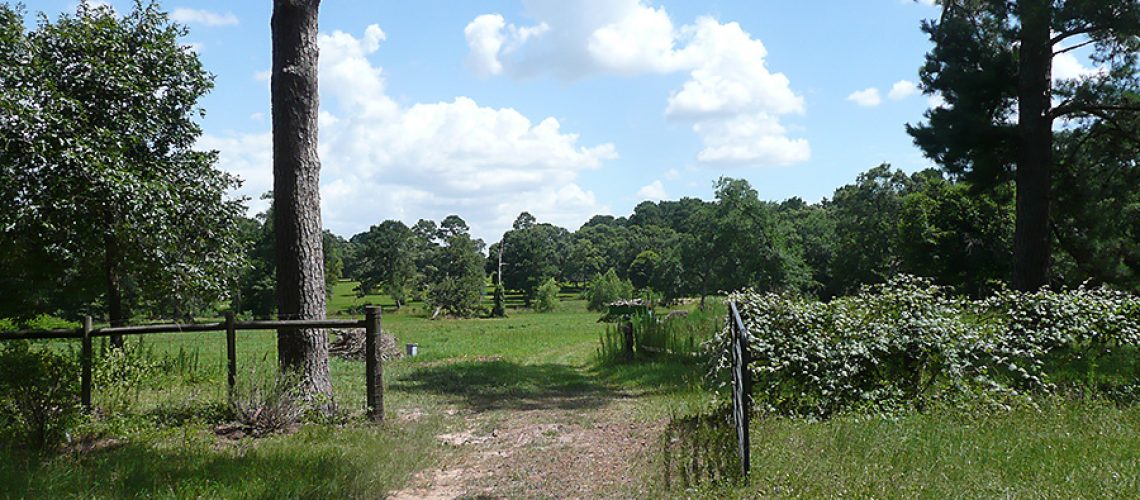
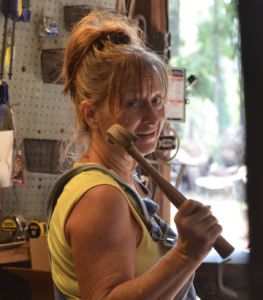
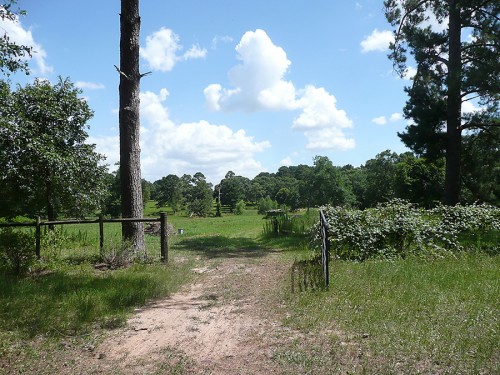

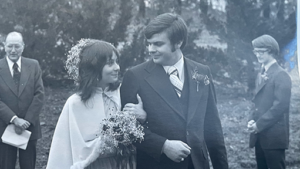
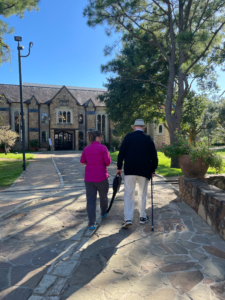
One Response
You are very fortunate to have the time and these conversations with your Mom, treasure them!!